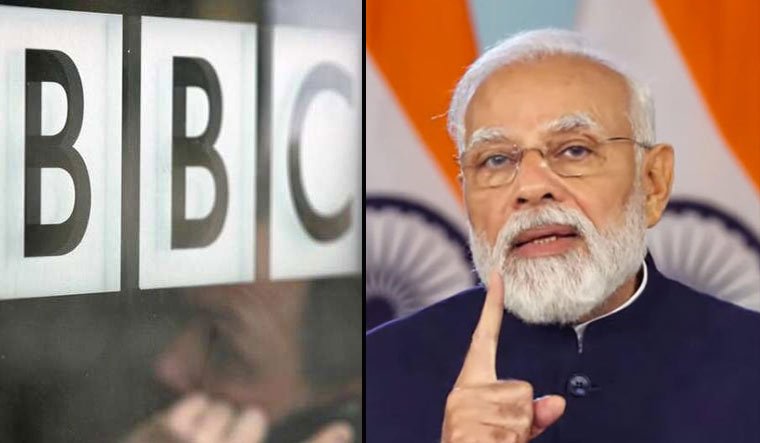The Union government has prohibited the airing of a BBC documentary that questioned Prime Minister Narendra Modi’s leadership during the 2002 Gujarat riots. Sharing of any clips via social media is also not allowed.
The government adviser Kanchan Gupta shared that the instructions to prevent the video from being disseminated have been given using emergency powers granted to the government under the country’s information technology regulations.
The documentary hasn’t been aired by the BBC in India, although certain YouTube channels have the video, according to Gupta. The government has ordered YouTube to stop allowing any uploads of the documentary’s video and Twitter to remove more than 50 tweets that link to it. He said that Twitter and YouTube both followed the rules.
When communal riots erupted in Gujarat, PM Modi was the then Chief Minister. According to the government’s estimates, more than 1,000 people died during the riots, and most of them were Muslims. Human rights advocates estimate that at least twice as many people perished in the unrest.
The British Broadcasting Corporation (BBC documentary)’s coverage of Prime Minister Narendra Modi sparked “malicious campaigns” both inside and outside of India, according to Union Minister Kiren Rijiju, who also claimed that some people “put the BBC above the Supreme Court of India.”
Rijuju said, “Some people in India still haven’t gotten over the colonial intoxication. They consider the BBC above the Supreme Court of India and lower the country’s dignity and image to any extent to please their moral masters.”
More than 300 prominent Indians, including retired judges, government officials, and veterans of the armed forces, signed a declaration in strong opposition to the BBC programme, denouncing the British national broadcaster for its “unrelenting bias” toward India and its leader.
Also Read: Cops Arrest Man Who Fled Leela Palace Hotel Leaving Rs 23L Bill













